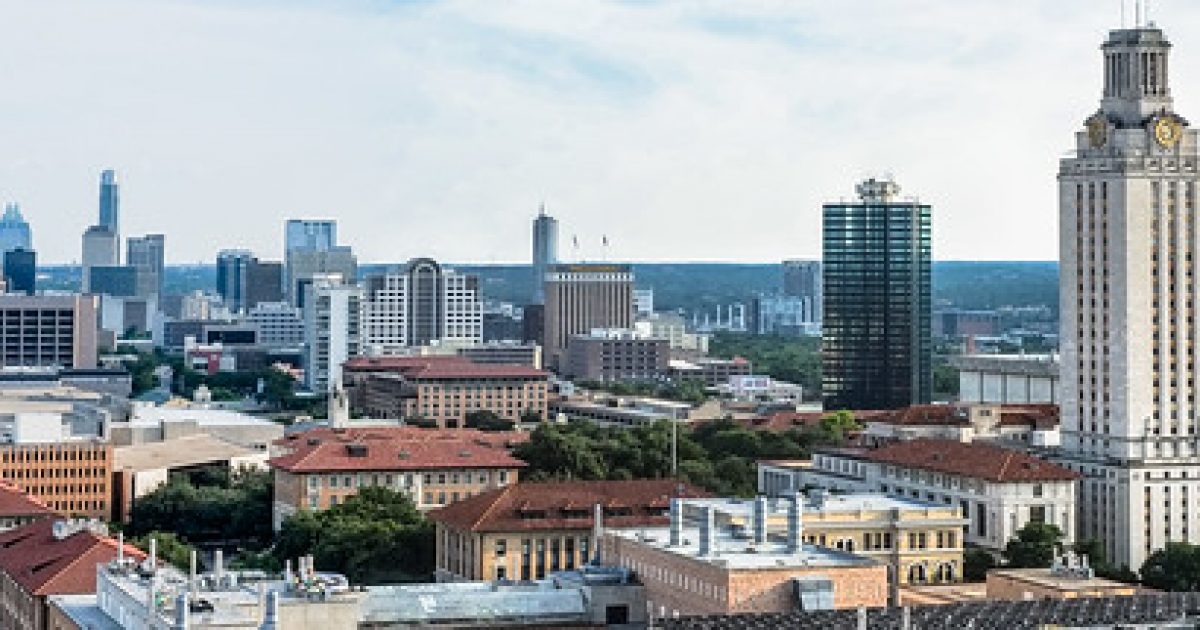
Last legislative session Texas passed a law that requires public universities to allow people to exercise their First Amendment rights in all public outdoor spaces. Consequently, the University of Texas at Austin put an end to its policy of “free speech zones”. Traditionally, certain forms of speech have been limited to a “free speech zone.”
At first glance, University President Gregory Fenves was content with the new policy, telling The Daily Texan that “Our campus is a hub for people to gather and share different perspectives and experiences. This freedom is a constitutional right that has always been the foundation upon which students learn and faculty members teach and conduct research.”
First Amendment rights are violated when public universities designate certain areas as “free speech zones” and try to limit polemical speech in other spaces. Ideally, all parts of a university campus like UT should be a free speech zone.
However, The Daily Texan points out that not all students are happy with this policy change:
“What (some organizations) are currently doing is making students feel unsafe and unwelcome,” [University Democrats president Joe] Cascino, said. “I believe that universities should be able to step in and keep people like (Richard) Spencer or useless incendiary protests like (Young Conservatives of Texas’) or Turning Point’s from happening.”
Essentially, the head of UT Austin’s most relevant organization on the Left believes that groups like Young Conservatives of Texas and Turning Point USA should be barred from speaking on campus. The main argument that the University Democrats President Joe Cascino uses in justifying these kinds of free speech bans is that these right-wing organizations hurt students’ feelings.
This line of reasoning is all to common in the era of political correctness, where practically all forms of dissident speech are seen as hate speech.



